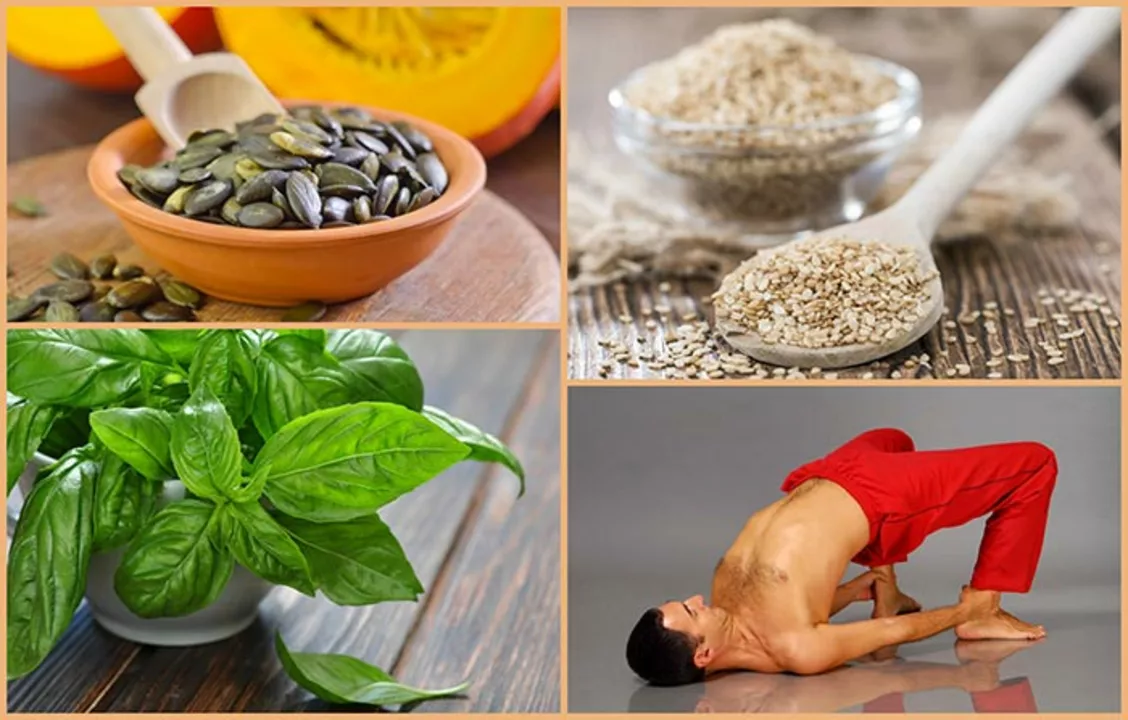Natural remedies you can try—simple, safe, and sensible
Want natural options that actually help—not hype? Natural remedies can relieve mild symptoms, support digestion, or add nutrition. But “natural” doesn’t mean harmless. I’ll walk you through practical choices, safety checks, and how to use a few well-known options people ask about on Medzino.
Quick safety checklist
Before trying anything: tell your doctor or pharmacist, especially if you take prescription meds. Check for allergies, pregnancy or breastfeeding warnings, and age limits for kids. Buy supplements with third-party testing (USP, NSF, or ConsumerLab) and look for the Latin plant name on the label—this cuts down on confusion. Start low and go slow: try a small dose for a few days to watch for reactions.
Here are specific, practical remedies readers ask about:
Wheat bran: an easy fiber boost. Start with 1 tablespoon mixed into yogurt or cereal, then increase slowly to 2 tablespoons. Drink extra water—fiber needs fluids. It helps regularity and can reduce bloating when you increase intake gradually.
Asparagus racemosus (Shatavari): used for digestion and stress support. Standard supplement doses are often 300–600 mg once or twice daily in capsule form. If you’re on hormone therapy or pregnant, check with your clinician first—herbal roots can interact with hormone-sensitive conditions.
Tree of Heaven (Ailanthus altissima): this is a trending plant but needs caution. Some traditional uses exist, yet it can be toxic if misidentified or improperly prepared. Don’t self-harvest unless you have expert guidance; prefer standardized extracts from trusted suppliers and consult a practitioner before use.
Topical itch relief: for mild skin itch try an oatmeal bath or cool compresses first. Over-the-counter creams work well for short-term flare-ups. For medicated creams like crotamiton, follow the product instructions and stop if irritation develops.
How to choose and use supplements
Read labels: dose, active ingredient, and warnings. Look for companies that publish test results or batch numbers. Avoid products that promise quick cures or outrageous benefits. Ask yourself: does this supplement complement a healthy diet and sleep, or is it a shortcut for something I should address with lifestyle changes?
Keep a simple log when you start a remedy: date, dose, effects, and any side effects. That helps you and your provider decide if it’s worth continuing. If symptoms worsen or new issues appear, stop the product and seek care.
Natural remedies can be useful tools when used carefully. Use trusted sources, check product quality, and keep your healthcare team in the loop. If you want, I can list reliable suppliers or explain how to read supplement labels step-by-step.

Natural Remedies for Enlarged Prostate: Do They Really Work?
As a blogger, I recently explored the topic of natural remedies for an enlarged prostate and whether they actually work. I discovered that while some remedies like saw palmetto, pygeum, and stinging nettle might provide relief, scientific evidence regarding their effectiveness is still limited. It's essential to consult a healthcare professional before trying any alternative treatments. I also learned that maintaining a healthy lifestyle, including regular exercise and a balanced diet, can help in managing the symptoms. Remember, it's crucial to get a proper diagnosis and follow your doctor's advice for the best outcome.
